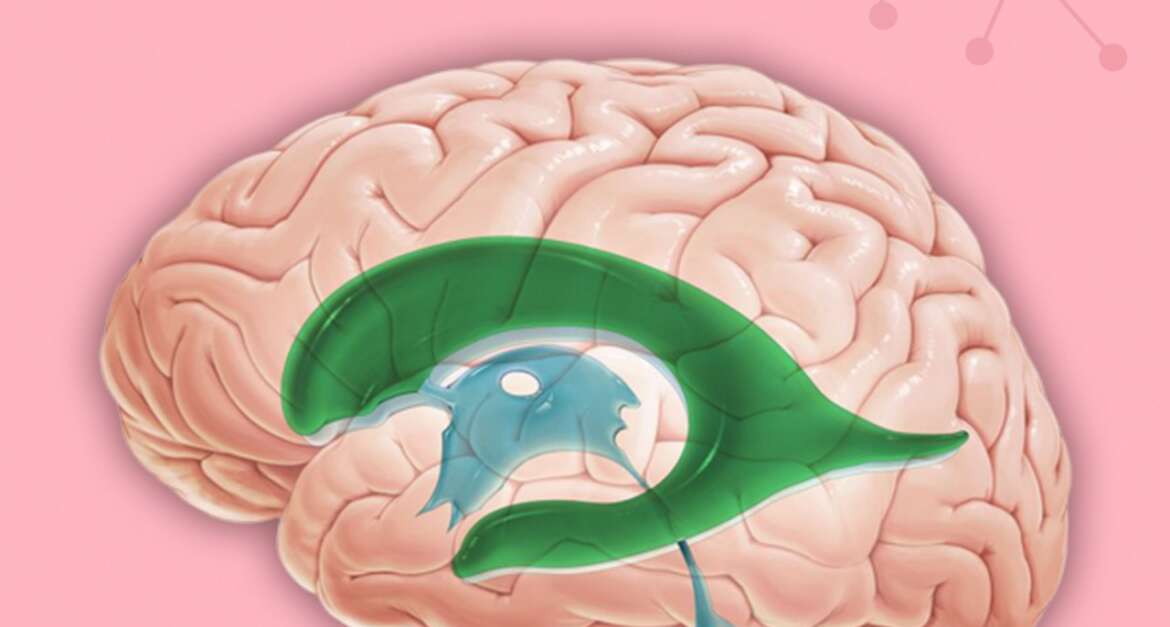The fluid building up in the cavities (ventricles) deep within the brain is known as hydrocephalus. As a result of the excess fluid, the ventricles increase in size, and the brain is under pressure.
In normal circumstances, cerebral spinal fluid flows through the ventricles and bathes the brain and spinal column in it. A high level of cerebrospinal fluid associated with hydrocephalus can cause damage to brain tissue and lead to a range of cognitive problems.
Hydrocephalus can occur at any age despite its prevalence among infants and the elderly. Hydrocephalus can be treated surgically to restore and maintain normal cerebral cerebrospinal fluid levels. Hydrocephalus often requires different therapies to treat symptoms or problems.
Symptoms
There is some variation in signs and symptoms of hydrocephalus based on the age of onset.
The following signs and symptoms characterize hydrocephalus in infants:
- The head is huge
- The rapid growth of the head
- The top of the head has a bulging or tense soft spot (fontanel)
Symptoms and signs of physical illness
- Vomiting and nausea
- The feeling of being sleepy or sluggish (lethargy)
- Irritation
- Eating poorly
- Snatchings
- Fixated on the sun (sunset of the eyes)
- Muscle weakness and problems with tone
Signs and symptoms in toddlers and older children might include:
- Having a headache
- Double vision or blurred vision
- Movement of the eyes abnormally
- An abnormally large toddler’s head
- Sluggishness or sleepiness
- Vomiting or feeling nauseous
- An unstable balance
- Coordination is lacking
- Appetite poor
- Inability to control bladder function or frequent urination
- Changes in behavior and cognition
- Leading to irritability
- Or personality changes
- Inability to perform well in school
- Difficulties in acquiring previously acquired skills, such as walking or talking
Adults in their twenties and thirties
This age group is prone to the following signs and symptoms:
- Migraines
- Tiredness
- Inability to balance or coordinate
- Constant urge to urinate or loss of bladder control
- Problems with vision
Problems with memory and concentration that might affect work performance
Seniors
The following are the most common symptoms and signs of hydrocephalus among adults 60 and older:
- The inability to control your bladder or a frequent urge to urinate
- Having trouble remembering things
- Decrease in the ability to reason or think in other ways
- Inability to walk normally, described as shuffling gait or feeling as though feet are stuck
- An inability to balance or coordinate

